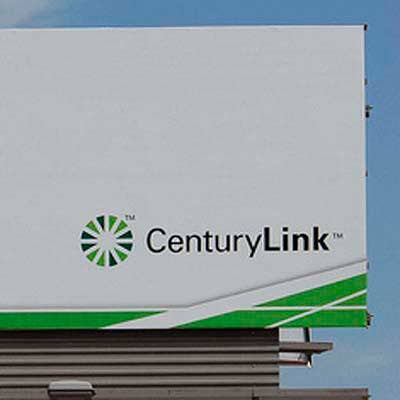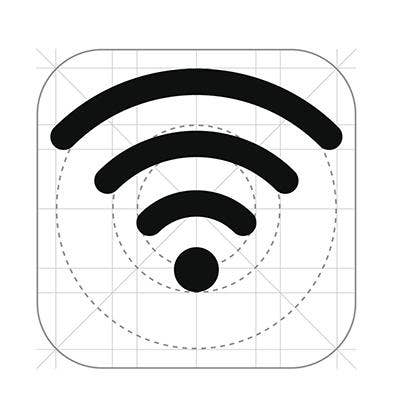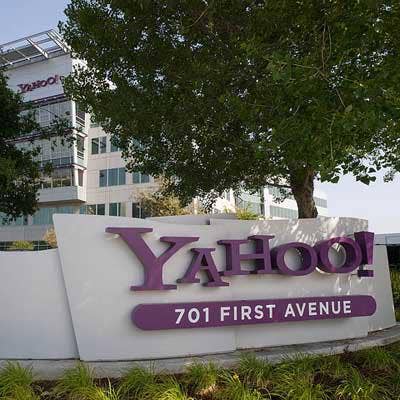The 10 Biggest Telco Stories Of 2016

A Market In Flux
No one can accuse the telecommunications industry of sitting still in 2016. This dynamic market kept the regulatory bodies busy with a flurry of mergers and acquisitions as carriers came together and the industry further consolidated.
In addition to joining forces to form larger, more formidable companies, many of the large, incumbent carriers were on a mission to add more strategic services and valuable solutions to their portfolios in an effort to move away from the "dumb pipe" designation.
Here are the ten biggest telecom stories of 2016.
(For more of our 2016 retrospective, check out 'CRN's 2016 Tech Year In Review.')

10. Verizon Buys XO Communications
In February Verizon said it would acquire telecom provider XO Communications for its fiber-optic network assets in a deal worth about $1.8 billion. While the deal was held up during the summer by the FCC, Verizon finally gained FCC approval in November.
Verizon said it will use Herndon, Va.-based XO Communications' fiber-based IP and Ethernet network assets to better serve its enterprise and wholesale customers, while XO's fiber business will bolster Verizon's cell network.
Verizon will also be leasing XO's available wireless spectrum.

9. Windstream, EarthLink Merge
In keeping with a Fall full of mergers and acquisitions, telecom service providers Windstream and EarthLink announced merger plans to create a joint company in November.
Windstream, Little Rock, Ark., and Atlanta-based EarthLink stated they would be joining forces to create a large, national footprint that could compete against the likes of telecom giants Verizon and AT&T. Via the terms of the merger, the companies are entering into an all-stock transaction values at $1.1 billion, including debt. Windstream shareholders will own about 51 percent of the new company, while EarthLink shareholders will own approximately 49 percent, the companies said.
Windstream and EarthLink expect the deal to close during the first half of 2017.

8. CenturyLink Joins Forces With Level 3
Telecom provider CenturyLink revealed plans to scoop up Broomfield, Colo.-based service provider Level 3 for $34 billion in late October. Together, the two companies will offer a combination of cloud and data services for business customers over a wide reaching, high-speed network.
The combined company will boast 500,000 route miles of fiber and will form the second largest domestic communications provider serving business customers behind AT&T.
Monroe, La.-based CenturyLink said that the new company would earn 76 percent of its revenue from business customers.

7. Charter-Time Warner Cable Merger Approved by FCC, DoJ
Charter Communications received approval to acquire Time Warner Cable in a monster $78 billion transaction by the U.S. Department of Justice (DoJ)and the FCC in April. The combination of Charter and Time Warner Cable has formed one of the largest service providers in the country.
Approval of the deal came with some conditions, however. The regulatory bodies said that Charter can't limit access to streaming video providers by putting contractual restrictions on them, which could limit content distribution. Charter has also been prohibited from using data caps or charging consumers more for using more data.
At the same time, the DoJ also approved Stamford, Conn.-based Charter's related $10.4 billion acquisition of Bright House Networks.

6. Comcast Announces Wireless Service
Cable giant Comcast in September confirmed that it was launching a wireless service following months of industry rumblings about a new mobility business unit within the company.
The new wireless service will use leased airwaves from competing carrier Verizon Wireless, as well as Comcast’s own network of 15 million Wi-Fi hot spots. The service will help Comcast compete with fellow carriers that already have a mobility practice, will adding a new revenue stream for the provider, Comcast said.
The Philadelphia-based cable company appointed veteran Comcast Cable sales and marketing executive Greg Butz to lead the new Comcast Mobile business unit in June. Comcast said that the wireless service will be officially launched by mid-2017.

5. Nationwide Verizon Strike Sparks Service, Earnings Disruption
In April, approximately 36,000 of Verizon's employees from two unions went on a nearly two-month long strike. The strike ended during memorial Day weekend when both unions agreed to a nearly 11 percent raise, as well as an increase in pension benefits.
The labor strike did prompt service disruptions and installation delays, which impacted both channel partners, business customers, and consumers. Additionally, Verizon's Q2 2016 earnings did take a hit. Verizon reported that net income for the quarter dropped 80.9 percent, and cost Verizon about seven cents per share in Q2.

4. Google Halts Fiber Network Rollout Ambitions
Internet giant Google had aggressive plans for a nationwide fiber network rollout but 2016, but said in October it was shelving further Google Fiber deployments. Google also said it would lay off about 9 percent of the Google Access staff, the division running the Fiber program.
Google Fiber came into the market with competitively-priced fiber connectivity, and was originally seen as a competitor to the incumbent service providers. Many solution providers believed that building out a nationwide fiber footprint proved to be too big an undertaking, even for Google. The change in strategy will not impact cities that already have Google Fiber, however, including Kansas City; Austin, Texas; and Charlotte, N.C.
Craig Barratt, a Google executive who became Google Access' CEO in 2016, also stepped down following news that Google was halting planned rollouts.

3. Net Neutrality Wins In Court
In June, the heavily - debated Net Neutrality doctrine was upheld by a federal appeals court. The ruling successfully reclassified high-speed internet services as a utility, and gave the Federal Communications Commission (FCC) permission to regulate broadband providers as it regulates telephone service providers, much to the chagrin of the incumbent service providers, including AT&T and Verizon.
Industry pundits believe that under a Republican administration, Net Neutrally could be challenged or overturned because of trump's appointment of Jeffrey Eisenach, a known Net Neutrality critic, to his transition team. Eisenach is speculated to be the next FCC chairman.

2. AT&T Plans Mega Merger With Time Warner
Dallas-based telecom giant AT&T announced its intent to acquire global entertainment and media powerhouse Time Warner Inc. for a cool $85.4 billion in a cash and stock deal in October.
The acquisition would help AT&T go beyond basic connectivity at a time in which telecom providers are looking to content and wireless solutions to add value to their portfolios. The deal, if approved, would give AT&T valuable media properties, including CNN, HBO, and HBO Go.
Speculation around the viability of the deal began circulating following the election, however. During his campaign, president-elect Trump vowed to block the deal, calling the merger: "too much concentration of power in the hands of too few."
If approved, the deal to close by the end of 2017, according to AT&T.

1. Verizon Moves To Buy Yahoo, Then Gets Blindsided As Yahoo Confirms Large-Scale Breach
Following months of speculation, telecom heavyweight Verizon in July confirmed that it would acquire ailing internet giant Yahoo's operational assets, including its media, search and communications assets, for $4.83 billion.
In September, however, Yahoo formally confirmed to its Basking Ridge, N.J.-based buyer that more than 500 million of its user accounts were hacked in 2014 by what Yahoo believed to be a state-sponsored actor. At the time, Verizon said it would evaluate the deal as more information became known.
Verizon publically defended the deal as of October, but in November, Yahoo told its investors that Verizon could still potentially back out of the acquisition as a result of the breach.